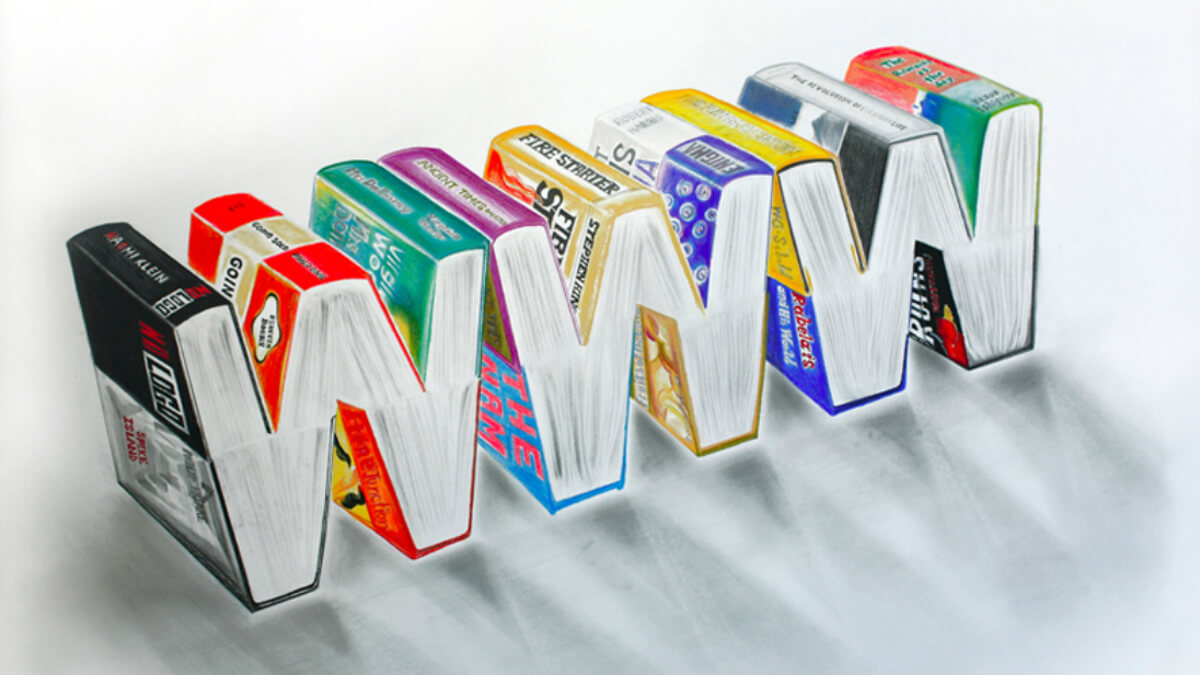
This post is originally published by the Web Foundation. Photo © Christina Mitrentse, all rights reserved.
While some of our team has been hitting the beach over this (so-called) quiet period, others have been hitting the books. Here’s what they’ve been reading.
If you’ve had any standout holiday reads, let us know so we can add them to our list.
Bored and Brilliant: How Spacing Out Can Unlock Your Most Productive & Creative Self, by Manoush Zomorodi
With a million wonders within reach of your smartphone, what’s the use of being bored any more? A lot, according to this forthcoming book which explains the connection between boredom and creativity. Zomorodi originally explored these ideas in her podcast Note to Self, so if you can’t wait for the book release, give it a listen.
Twitter and Tear Gas: The Power and Fragility of Networked Protest, by Zeynep Tufekci
Are social media platforms supercharging protest movements or undermining them? In this book, Tufekci looks at the role digital technologies have played in recent social movements, and how governments are fighting back.
Everybody Lies: Big Data, New Data, and What the Internet Can Tell Us About Who We Really Are, by Seth Stephens‑Davidowitz
Everybody lies. In interviews, to pollsters, to family, to themselves. But to Google’s search box, they reveal their deepest secrets. This is the premise of a new book from a former Google data scientist, who uses anonymised search data to discover all kinds of things about us not revealed in traditional surveys, from sexual preference to racism and gender bias.
Move Fast and Break Things: How Facebook, Google, and Amazon Cornered Culture and Undermined Democracy, by Jonathan Taplin
Facebook, Google and Amazon are not the cool nice-guy tech companies they pretend to be, according to Jonathan Taplin. His new book tells the story of how powerful monopolies have taken control of the music, television, film, and publishing industries, and why this is a threat to democracy.
Fully Connected: Surviving and Thriving in an Age of Overload, by Julia Hobsbawm
The deluge of information we face on a daily basis prevents us from living healthy, balanced lives, Hobsbawm argues. She draws on behavioral economics, social psychology and neuroscience as she calls for employers to develop sustainable information workplace environments.
The Circle, by Dave Eggers
Eggers’ novel tells the story of Mae Holland, a young woman who flourishes at a hot tech company, one that turns out to have a radical ideology and authoritarian ambitions. The bookis a warning against the loss of privacy and a not-so-subtle jab at global tech firms that seek to impose their worldview on society.
The Trouble with Reality: A Rumination on Moral Panic in Our Time, by Brooke Gladstone
Reality was never what we thought it was, according to Gladstone. We have always lived in bubbles, pools of facts that once filtered and prioritised by our values and traditions, constitute our personal realities. She worries that in the US today, these bubbles are further apart than ever, and are being exploited by an administration that has no interest in truth.
Attention Merchants: The Epic Scramble to Get Inside Our Heads, by Tim Wu
Social media and smartphones have made us painfully aware that ‘we’re the product’ of companies that cultivate our attention to sell us to advertisers. This is not a new phenomenon, according to Wu, who says it the end result of more than a century’s expansion of industries that feed on human attention. With firms making billions from our attention, it’s not unreasonable that we seek more control over how they’re governed.
ForEveryone.net, directed by Jessica Yu, feat. Sir Tim Berners-Lee
So not technically a book, but documentary ForEveryone.net is well worth watching. It tells the story of how our founder, Sir Tim Berners-Lee, invented the web and how his decision to make it free and open for everyone has unleashed a global revolution in communication, creativity and entrepreneurialism that has changed the world. The question now is, will we fight for the web we want, or let it be taken away?
White papers: Opportunities and risks in emerging technologies, by Web Foundation
To achieve our vision of digital equality, we need to understand how new technologies are shaping society. To help us do that, we have commissioned a series of white papersexamining how three key digital trends: artificial intelligence, algorithms and control of personal data, are impacting people’s lives in low and middle-income countries.
To receive a weekly dose of web-related news, subscribe to the Web This Week, our rundown of stories on AI, privacy, ‘fake news’, net neutrality, internet access, and more.
Leave a Reply